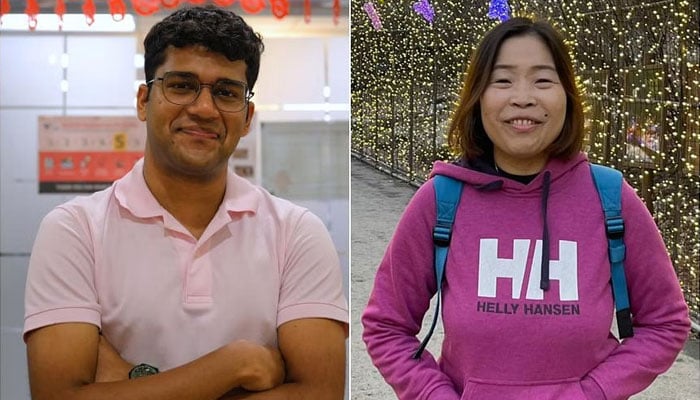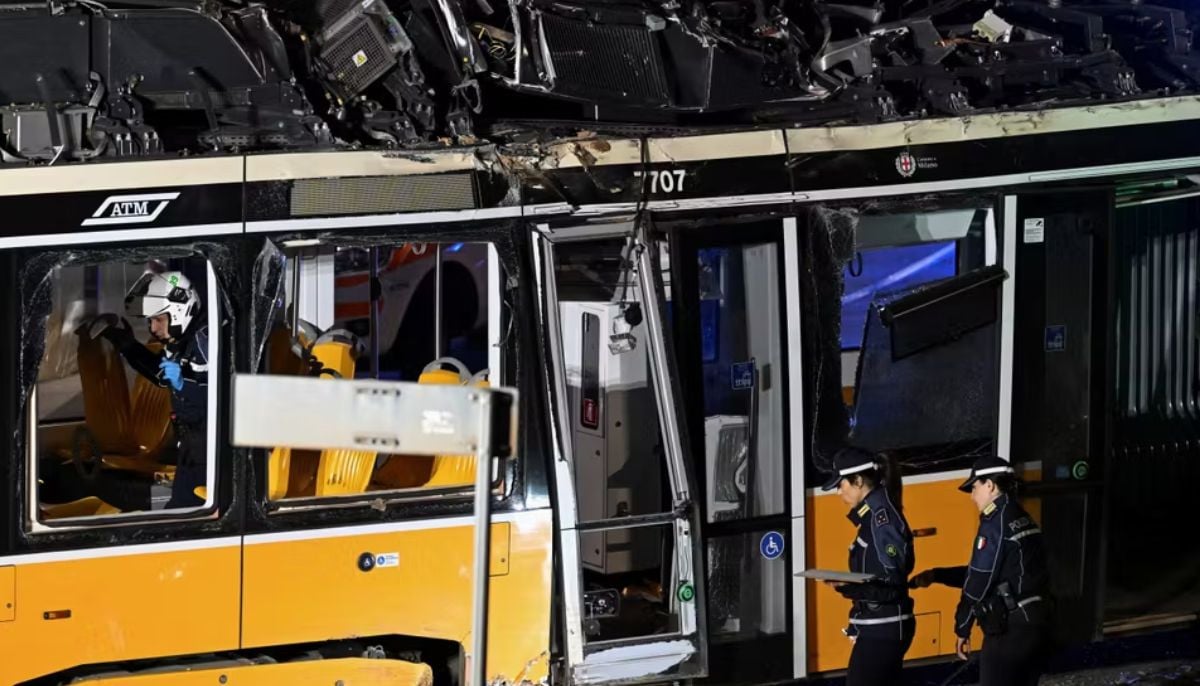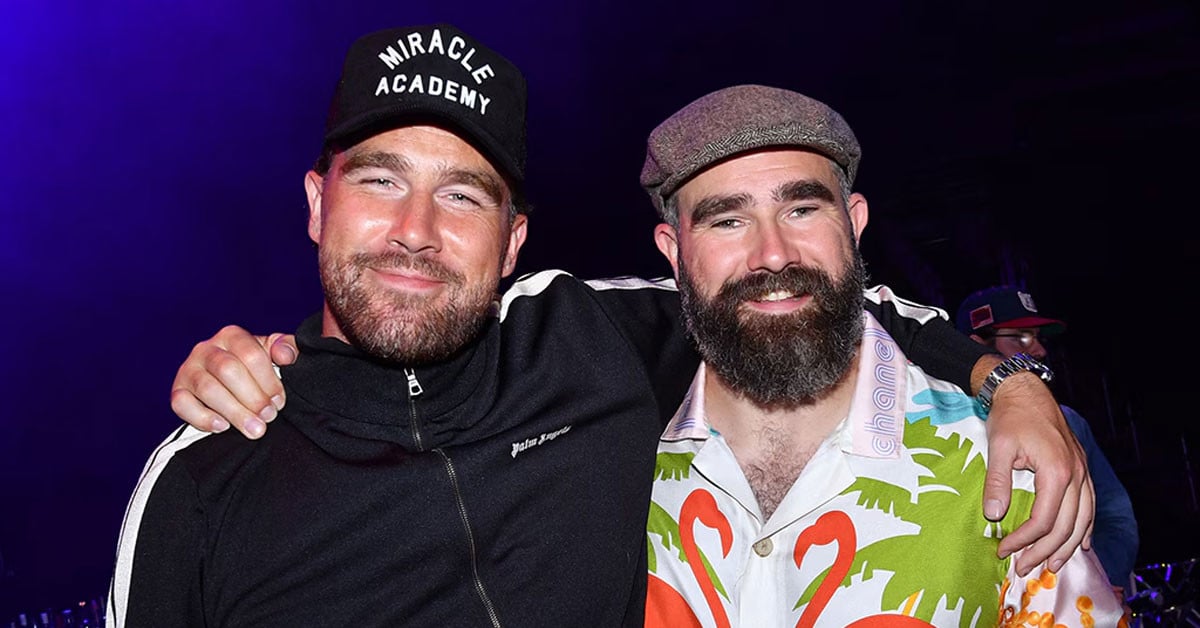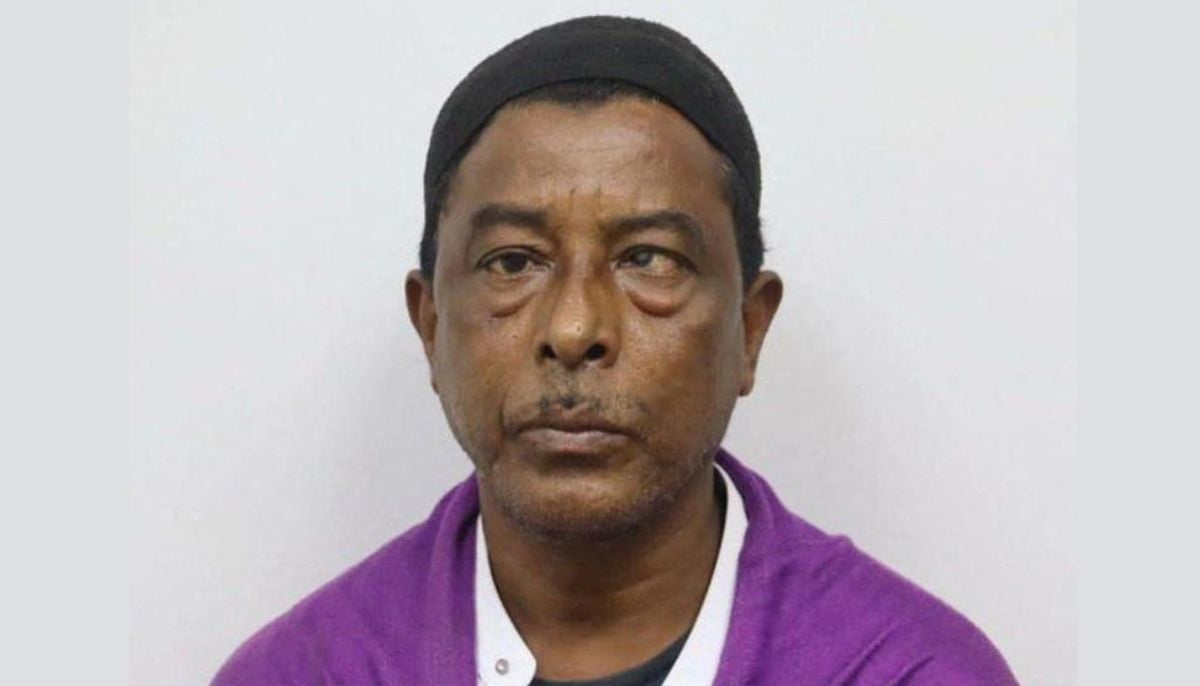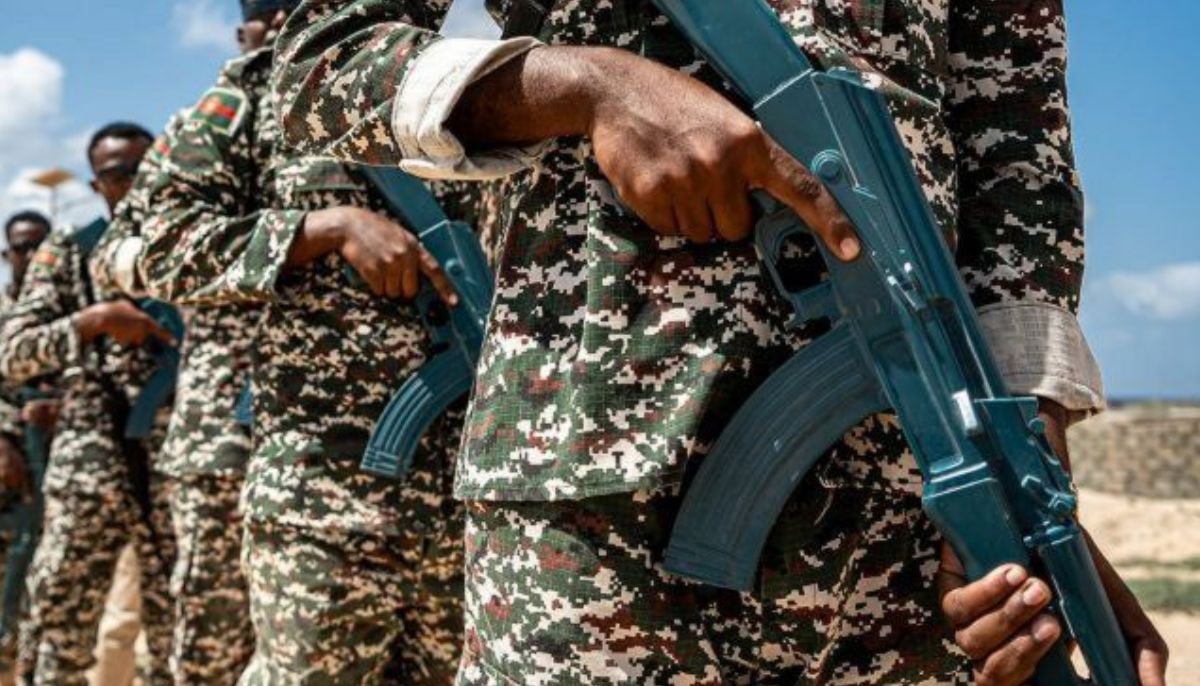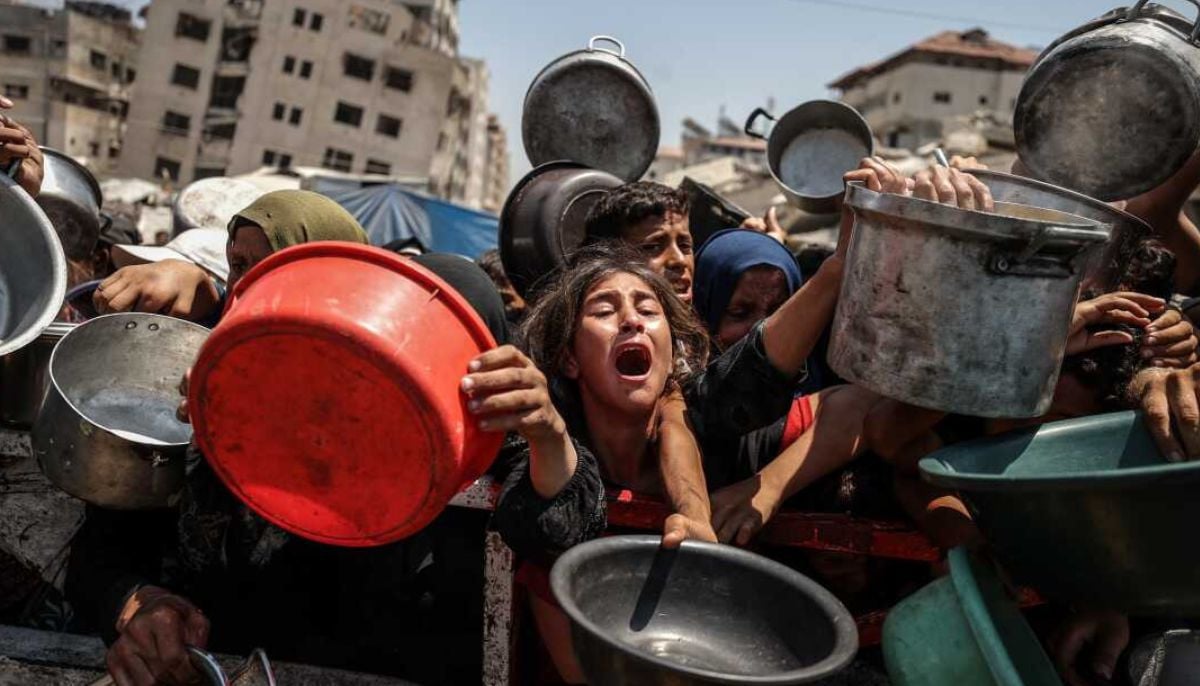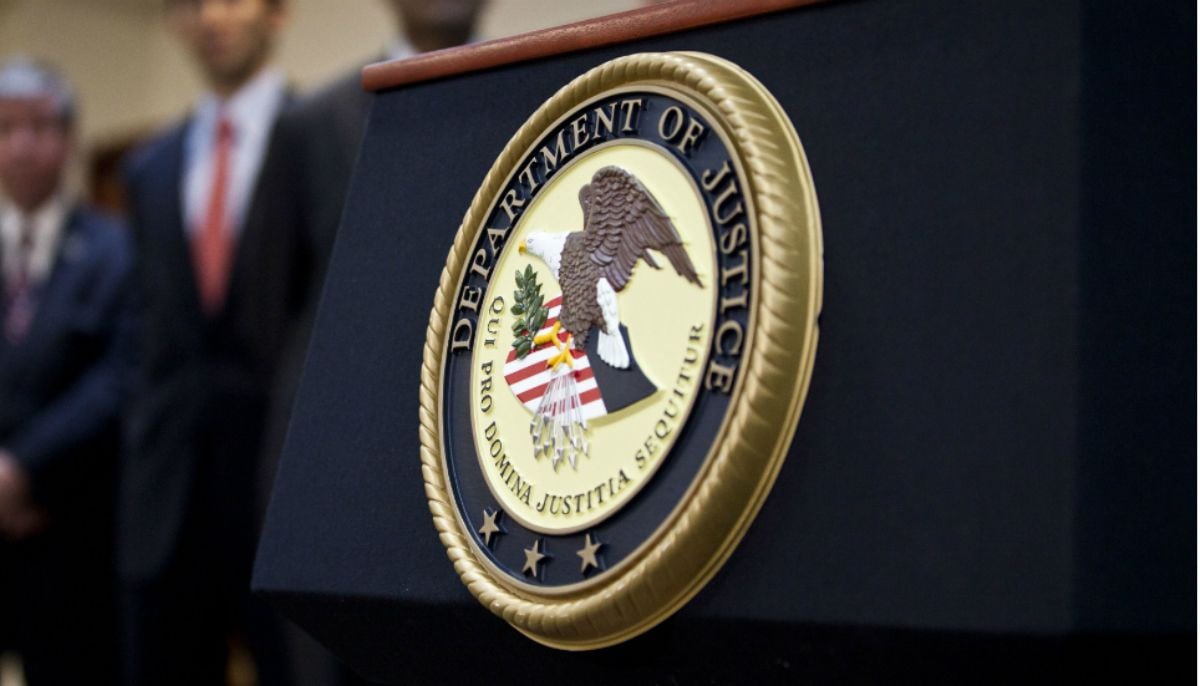Urgent call: Singapore looks to youth to fight blood supply crisis
As Singapore grapples with decline in young blood donors, stories of Kymn Yee and Fazil underscore the urgency of situation
Have you ever thought about how a small act, like donating blood, can make a significant impact on someone's life?
In Singapore, where the ageing population is on the rise, the need for youth blood donors is more crucial than ever.
Shiek Abdullah Mohamed Fazil, a 23-year-old National University of Singapore undergraduate, understands this well. With a blood type of O, he has donated blood 13 times since 2019, saving numerous lives in the process.
His motivation is simple yet powerful: "It's a personal satisfaction knowing that each blood donation can save three people, even though I don't know who the blood goes to."
However, not all young individuals share Fazil's enthusiasm for blood donation. Some are apprehensive about the process, often citing fear of needles as a barrier. Fazil suggests that inspiring a new generation of blood donors should start early, dispelling misconceptions and fostering interest in schools.
Recent data from the Singapore Red Cross (SRC) and the Health Sciences Authority (HSA) reveal a concerning trend. The number of youth blood donors, aged 16 to 25, has steadily declined, accounting for only 15 percent of the total donor pool in 2023, compared to 33 percent in 2011.
The pandemic has exacerbated this decline, with canceled school outreach and mobile blood drives hindering crucial avenues for youth education about blood donation. SRC's spokesperson acknowledges the challenge, stating, "While we have resumed these activities, it takes time and effort to build up the momentum and grow the pool of youth blood donors again."
To address this issue, SRC and HSA have initiated various programs, such as the Youth Blood Donor Programme and the Youthphoria award. These initiatives aim to empower young people to become blood donation ambassadors, educating their peers and family members.
With over 600 donors stopping contributions annually due to age or illnesses, Singapore needs a continuous influx of new blood donors. HSA stressed the importance of cultivating a lifelong habit of blood donation among the youth to ensure a sustainable blood supply for the future.
The demand for blood in Singapore is expected to rise significantly by 2030, reaching over 160,000 units annually. This is driven by a super-aged population with increased healthcare needs, as those aged 60 and above already account for 60 percent of total red blood cell usage.
As we approach the Chinese New Year, SRC and HSA issue an urgent appeal for O blood type donors, as stocks are at critical levels. The universal nature of O blood type makes it vital for emergencies when patients' blood groups are unknown. A shortage of O blood type could lead to postponed surgeries and compromised life-saving transfusions.
People like Ms Kymn Yee, who requires regular blood transfusions, understand the impact of blood shortages firsthand. She urges potential donors to consider the real difference they can make: "There had been occasions in the past when I was told that there was insufficient blood in the blood bank for me, so I had to go home without blood."
-
Australia to launch first high-speed bullet train after 50-years delay
-
North Carolina teen accused of killing sister, injuring brother in deadly attack
-
Ryan Gosling releases witty 'Project Hail Mary' ad with sweet reference to Eva Mendes
-
Lux Pascal gushes over role in Tom Ford's 'Cry to Heaven': 'I just wanted to be part of this picture'
-
Near-blind refugee found dead in Buffalo after release by US Border Patrol
-
Kenyan man accused of recruiting men to fight in Ukraine
-
More Americans say they sympathise with Palestinians than Israelis, poll finds
-
Retired US fighter pilot arrested over alleged training of Chinese military
